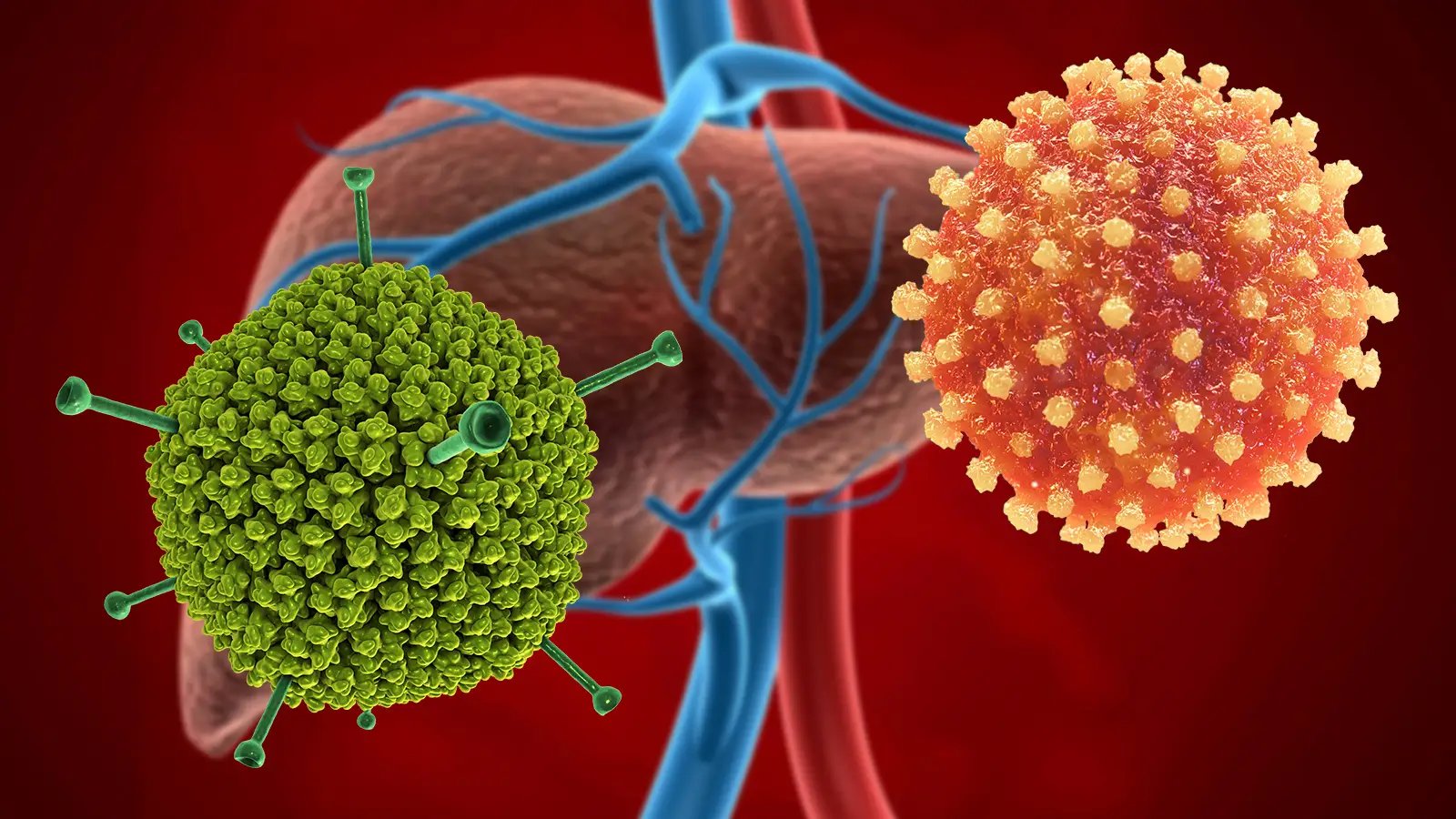
Ever wondered about hepatitis, that tricky virus that's always in the news? Well, you're in luck! Today, we're diving into some truly fascinating facts about hepatitis that might just blow your mind. From its various types to how it spreads and impacts people worldwide, there's a lot to unpack. Hepatitis has been a major health concern globally, affecting millions each year. But, what really makes this virus tick? How does it manage to outsmart our bodies and the medical community? Buckle up, because we're about to embark on a whirlwind tour of 15 great facts on hepatitis that will arm you with knowledge and maybe even a few conversation starters for your next dinner party. Ready to get your learn on? Let's jump right in!
Key Takeaways:
- Hepatitis is a liver inflammation caused by viruses, affecting millions worldwide. Vaccination, handwashing, and safe practices can prevent its spread. Advances in treatment offer hope for better interventions in the future.
- Understanding the different types of hepatitis and how they spread is crucial. Vaccination, handwashing, and new treatments are key in combating this global health threat.
Understanding Hepatitis
Hepatitis is an inflammation of the liver, a vital organ responsible for processing nutrients, filtering the blood, and fighting infections. While the condition can result from several causes, including heavy alcohol use, toxins, and certain medications, viruses primarily cause it. There are five main hepatitis viruses, referred to as types A, B, C, D, and E. Each type has different modes of transmission and can affect the liver differently.
-
Hepatitis A is highly contagious and spreads through the ingestion of contaminated food or water. Vaccination can prevent it.
-
Hepatitis B is transmitted through contact with infected blood, semen, or other body fluids. It can lead to chronic disease and poses a significant risk of death from cirrhosis of the liver or liver cancer.
-
Hepatitis C is mostly spread through blood-to-blood contact such as sharing needles or poor healthcare practices. It's known as a "silent epidemic" because many don't show symptoms until liver damage appears.
-
Hepatitis D only occurs in those infected with Hepatitis B, exacerbating the effects of the latter.
-
Hepatitis E is waterborne and primarily found in areas with poor sanitation, affecting millions annually.
Transmission and Prevention
Understanding how hepatitis spreads and the measures to prevent infection are crucial in combating this global health threat.
-
Vaccinations are available for Hepatitis A and B, offering protection and helping to reduce the spread of these viruses.
-
Regular handwashing, especially after using the restroom and before eating, is effective in preventing Hepatitis A.
-
Using barrier methods during sexual intercourse and avoiding sharing needles or items like razors with an infected person can prevent Hepatitis B and C transmission.
-
Safe food and water practices are essential in areas prone to Hepatitis E outbreaks.
Global Impact
Hepatitis remains a significant public health challenge worldwide, affecting millions of people.
-
The World Health Organization estimates that nearly 325 million people globally live with chronic hepatitis B or C infection.
-
Hepatitis B and C are the most common cause of liver cirrhosis and cancer, leading to 1.34 million deaths annually.
-
Despite its prevalence, a large number of those infected with hepatitis viruses are unaware of their status, highlighting the need for increased testing and awareness campaigns.
Advances in Treatment
Recent years have seen significant advancements in the treatment of hepatitis, particularly for Hepatitis C.
-
Direct-acting antivirals (DAAs) have transformed Hepatitis C treatment, offering cure rates of over 95%. These treatments are shorter, more effective, and come with fewer side effects than previous therapies.
-
For Hepatitis B, while there is no complete cure, antiviral medications can significantly reduce the risk of liver disease and prevent transmission.
-
Research into a vaccine for Hepatitis C and new treatments for other types of hepatitis continues, promising hope for even more effective interventions in the future.
A Final Word on Hepatitis Facts
Hepatitis, a liver condition with multiple faces, demands our attention and understanding. From A to E, each type tells a different story, with viral infections leading the charge against our liver's health. Remember, prevention is better than cure, and vaccines for types A and B offer a shield we shouldn't ignore. Lifestyle choices play a huge role too, especially in avoiding types B and C. Regular check-ups can be lifesavers, catching the disease early when it's most treatable. Knowledge is power, and armed with these facts, we're better equipped to protect ourselves and loved ones. Let's spread the word, not the virus, by staying informed and vigilant against hepatitis.
Frequently Asked Questions
Was this page helpful?
Our commitment to delivering trustworthy and engaging content is at the heart of what we do. Each fact on our site is contributed by real users like you, bringing a wealth of diverse insights and information. To ensure the highest standards of accuracy and reliability, our dedicated editors meticulously review each submission. This process guarantees that the facts we share are not only fascinating but also credible. Trust in our commitment to quality and authenticity as you explore and learn with us.
